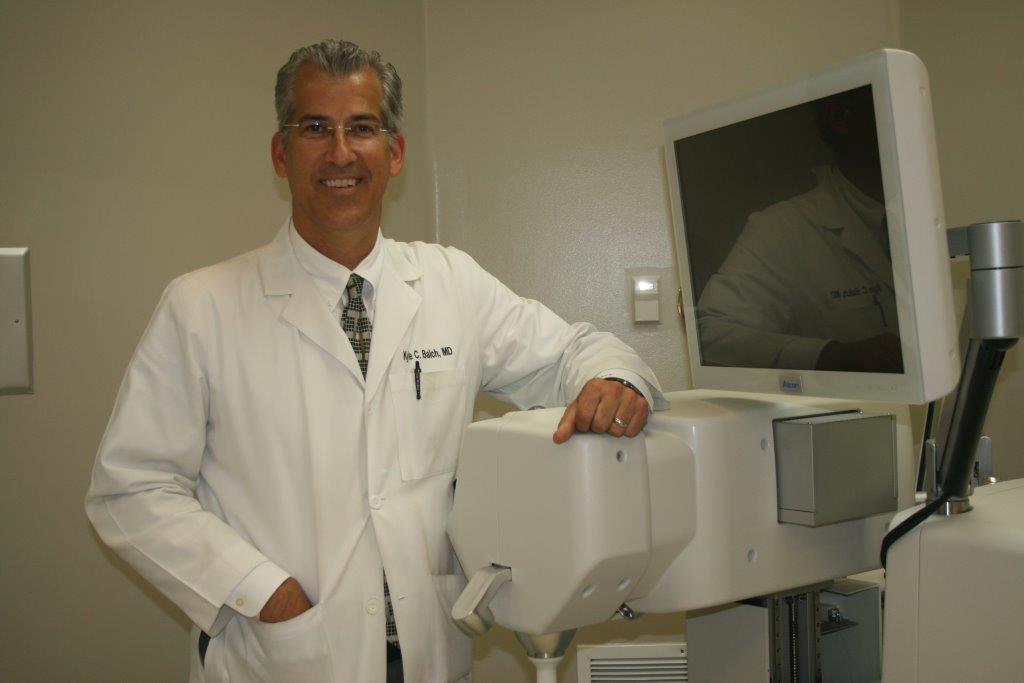

However, managing the step into specialty training is difficult without evidence about the barriers that pre-registrar doctors may experience.Įmerging UK research suggests that contemporary doctors are increasingly taking a break in practice before entering specialty training, for example in the pre-foundation year. Major national reviews recommend that these transitions should be managed to ensure that the expectations and needs of doctors are supported (to promote their satisfaction and sustainability), as well as to deliver the standards of care and balance of workforce needed by the community. Yet, it is a major transition to move from student to supervised intern, to independent (junior) doctor and then specialty registrar, covering diverse roles and responsibilities within different clinical teams and hospitals and health services. In many countries, including the United Kingdom (UK), Europe, Australia and New Zealand, graduating medical students are initially required to work independently as pre-registrar doctors to gain enough experience to prepare for entry to individually governed specialty training programs. The degree of pressure on individual doctors to manage the process of entering specialty training is an important issue to observe. In particular, more technical and narrow specialty fields may be more difficult to get into than broader specialties like general practice (GP) although this has never been explored. Beyond the number of places in any particular specialty programs, the complexity of entry criteria/process may relate to stronger barriers for getting into some specialty fields over others. This is fuelled by: 1) training more doctors 2) hospitals and health services recruiting overseas-trained doctors (whose qualifications may not be recognised) and 3) limited expansion of specialty training places to match demand.

This gap in the evidence is becoming more urgent for countries seeking to cater for an expanding pre-registrar doctor cohort. Such evidence would be useful for developing more tailored support for early-career doctors and informing the design of postgraduate training systems for specialty entry. But despite these concerns, there is limited in-depth research exploring the barriers to getting into specialty training.

The process may have a negative impact on the well-being of early-career doctors and reduce the efficiency of the medical training system at producing qualified doctors. This may be compounded in countries where specialty selection occurs at least one year after exiting medical-school, thus pre-registrar doctors are employed in health services that may have a limited range of up-skilling opportunities to assist doctors to become more competitive for specialty applications. Further, there are a wide range of specialties and sub-specialties, each with their own selection processes which may make it hard to target the right skills for eligibility.

However, because there can be a large number of medical graduates competing for limited places on specialty programs, planning for and getting into specialty training may be challenging. Medical training is not complete until doctors gain postgraduate specialty qualifications.


 0 kommentar(er)
0 kommentar(er)
